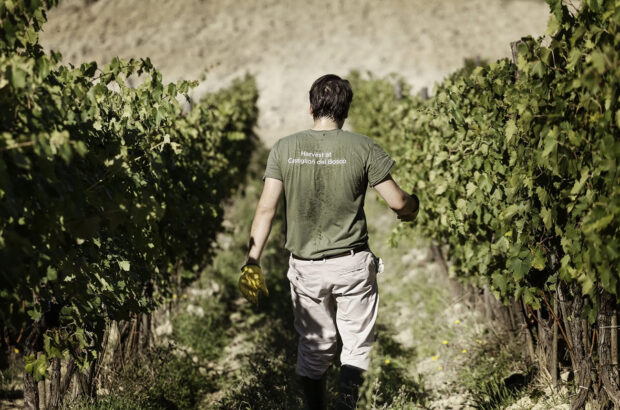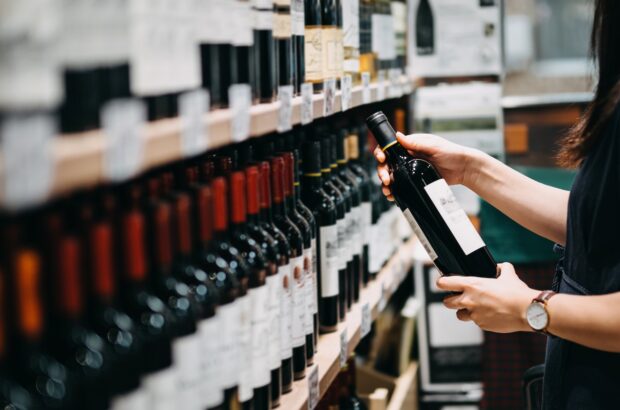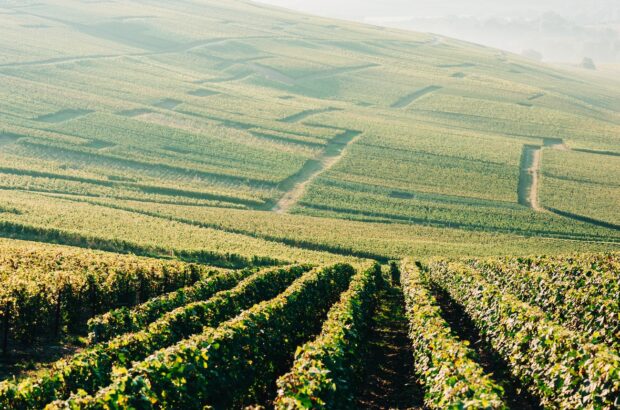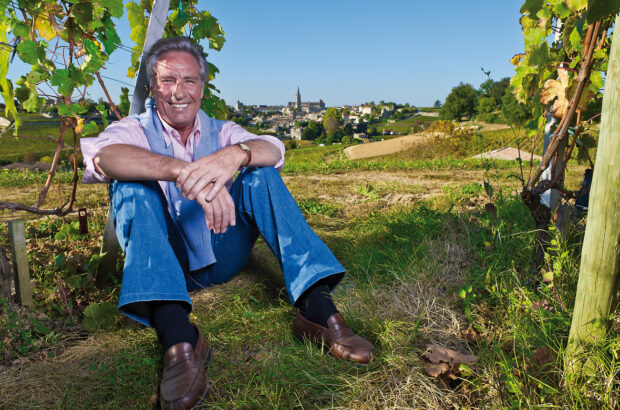In 2007, Frenchman Frédéric Albert founded the Compagnie de Transport Maritime à la Voile (CTMV) with the goal of decarbonising the wine industry. The firm managed to sail its 50m-vessel four times from France to Ireland, England and Canada, before going into liquidation as a consequence of the 2008 economic crisis.
Despite the failure, Albert’s pioneering project was a sign for things to come. In 2013, Le Havre-based TransOceanic Wind Transport (TOWT) followed in CTMV’s footsteps sailing some 3,500 bottles of wine from the French port of Fécamp in Normandy into London’s St Katharine dock.
‘When we first travelled from France to London the final destination was the Raw Wine Fair… and we’ve been sailing since then to decarbonise the industry,’ explains TOWT founder, Guillaume Le Grand. Today, TOWT transports wines on both its own and on third account. Among a number of well-known partnerships, the French firm shipped a cargo of limited-edition Baltimore Rainwater from leading Madeira wine producer, Barbeito.
TOWT managed to firmly establish its business in a matter of a few years, during which time more entrepreneurs embarked on similar challenges.
Bristolian Anton Mann’s Xisto Wines has been shipping wine by sailboat since 2018. Around 13 pallets – holding on average 700 bottles each – sail from Porto and Bristol between two to three times a year. A single trip takes as little as ten days to complete, depending on sea conditions. ‘It’s been a long journey so far,’ says Mann, ‘but we are getting better at it. We work solely with Portuguese winemakers, with the vineyards being located relatively close to the sea ports to avoid long road journeys.’
In May this year, a further French enterprise completed its latest 25-day trip across the Atlantic from Brittany, France, to New York. Trading under the name of Grain de Sail, the firm shipped 18,000 bottles, including a special-edition cuvée of Charles Heidsieck Champagne.
Founded by twin brothers Jacques and Olivier Barreau over ten years ago, the company initially focused on coffee and cocoa only, then sailed its first wine cargo in 2020.
By sending its vessel on a biyearly loop – each taking approximately three months to complete – Grain de Sail ensures that it never travels on an empty hull. ‘Now the company transports organic and biodynamic wines from France to New York City,’ says US Wines & Spirits director, Matthieu Riou. ‘There, it unloads the wines and loads medical supplies from a local foundation. We ship those for free to the Dominican Republic, where we load cocoa and coffee before going back to France.’ The firm claims that their sailboats save between 90% and 97% of the emissions of a conventional cargo ship. ‘We still have an engine – it’s compulsory to manoeuvring within the port – but we use the wind 99% of the time,’ highlights Riou.
With the maritime industry currently experiencing severe delays, cargo sailboats can be as time-efficient as they are kind to the environment. Their smaller size means that they are more agile than larger, conventional cargo vessels, and they can load and unload wines in smaller, uncongested secondary ports. ‘We operate in shallower waters and use secondary terminals so we actually have lead times that are very competitive,’ says Le Grand.
Reviving the past

Cargo sailboats. Courtesy of Grain de Sail.
Decarbonising the industry is TOWT, Grain de Sail and analogous businesses’ prime goal. Increasingly however, sailboats are also being used for the sake of reviving the historical practice of maturing wines and spirits at sea.
In July this year, following an inaugural experiment in 2018 and a second trip in 2020, legendary Sherry bodega González Byass completed the latest iteration of its own ‘ageing at sea’ project, undertaken in partnership with the Spanish Navy. A limited-edition Tío Pepe ‘Estrella de los Mares’ left the port of Cádiz and matured aboard the Juan Sebastián de Elcano over a five-month journey around the globe. The bodega claims that the operation lent the wine a unique, enhanced aromatic and textural richness.
Le Grand’s TOWT has been involved in a number of sea-ageing projects too, in partnership with illustrious wine and spirits brands such as Bordeaux’s Château Le Puy and Camus Cognac distillery. ‘That’s how the Retour des Isles of Chateau Le Puy was born,’ says Le Grand. ‘As wine ages, it develops a fattier, rounder character but at the same time tends to lose fresh fruit flavours. [Meanwhile, as a result of the maturation at sea] Retour des Isles’s colour changes and the texture becomes silkier and softer but the wine manages to retain the fruit character. It’s something that you can’t really quite get otherwise.’
A wind-powered future?

Credit: TOWT
Grain the Sail recently initiated the development of a second vessel which Riou claims will be twice the size as the one in current use.
‘Once in operation at the beginning of 2024, it will be able to cross the Atlantic in about 15 days, which is twice as fast,’ says Riou. ‘Also, now we can load 18,000 bottles of wine. The new vessel will hold 180,000 but still be able to go to secondary ports so clearing the cargo will still be much faster than conventional vessels.’
While Riou believes that, with the new vessel, Grain de Sail will be topping its capacity, Le Grand is convinced that the cargo sailboat industry has plenty of potential for exponential growth in the future. TOWT is currently developing a larger vessel: at over 80m long, it is set to boast a remarkable capacity of 1,200 tonnes, including a dedicated area for wooden barrels. ‘The plan is to have four to six such vessels,’ says Le Grand. ‘Each of them will be going three times a year full of wine to New York, then to Central America and the Caribbean, mostly for coffee. Also, at least once to Japan or China with wines and spirits.’
Le Grand argues that his fleet will be able to compete with fossil fuel shipping. ‘We are experiencing high levels of interest and it’s not just due to marketing reasons. We just can’t keep emitting CO₂ throughout our existence,’ he says. ‘We identified a need that is almost endless so beyond the initial fleet we have expansion plans of building [many more] vessels. I see a bright future. It’s not just about a few pallets, [we aim to be] a leader in the industry.’






